Nature reports
Publisher: Wageningen Environmental Research
Page 3 of 4 - 31 Results
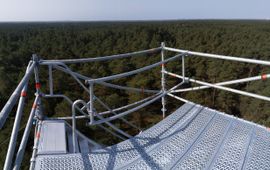
In the Loobos forest near Kootwijk, a huge steel structure was erected to facilitate research on greenhouse gases. It was officially opened on Friday 12 November 2021. Among other things, the CO2 absorption by the surrounding..
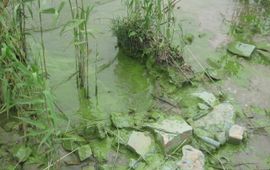
Will there ever be a Friesian Elfstedenstocht, or can we forget this? According to international research in Nature Geoscience, the chance is getting smaller. Globally, lakes are warming and ice days will decrease. “This warming..
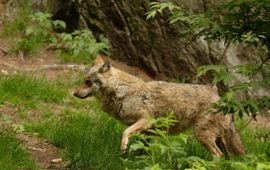
Wolves have returned to the Netherlands. Over the past few years, the animals have started passing through the Netherlands, with a number of them deciding to settle here. “It’s a unique situation,” says researcher Hugh Jansman...

Green spaces are important to our mental health. With urbanisation on the rise, people living in cities have less access to green areas. At the same time, the number of Europeans with mental health issues has increased by sixteen..
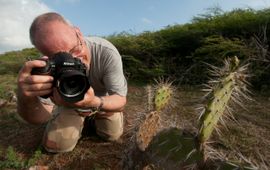
Researchers from Wageningen University and Research compiled thousands of photographs taken on Bonaire to analyze tourist activities and highlight the most common visited locations. Understanding the visitortypes and how they are..
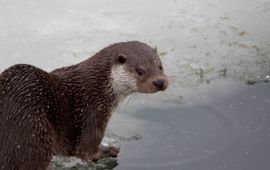
After the otter became extinct in the Netherlands in 1988, a programme for the re-introduction of otters has been ongoing since 2002. Data of winter 2018/2019 show that the population keeps growing in distribution and numbers, but..
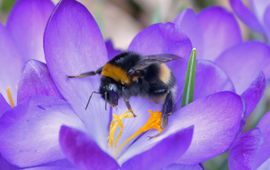
In conventional farming most attention goes out to quality of planting material, soil quality, fertilisation, weed control and similar aspects. Surprisingly little attention is being paid to the importance of ecosystem services..
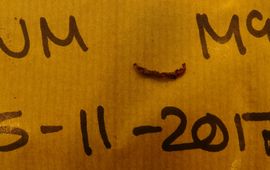
Two young worms are the first offspring in a Mars soil experiment at Wageningen University & Research. Biologist Wieger Wamelink found them in a Mars soil simulant that he obtained from NASA. At the start he only added adult..
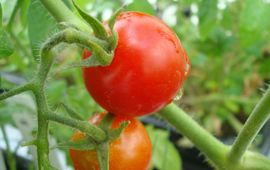
If humans are going to stay (semi) permanently on Mars or the moon they will have to grow their own food. The most important ingredients for agriculture are present on both celestial bodies; sand and water (in the form of ice)...

Researchers from Alterra Wageningen UR were able to grow and harvest ten different crop species on Mars and moon simulant. ‘The total above ground biomass produced on the Mars soil simulant was not significantly different from the..
